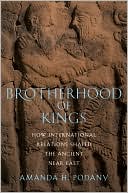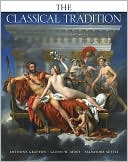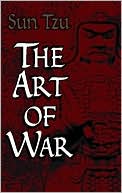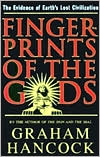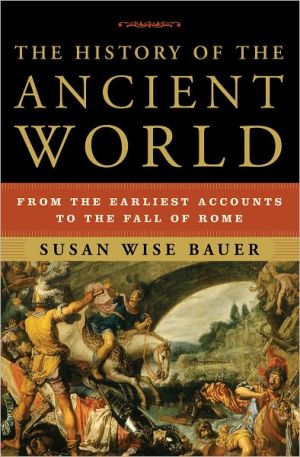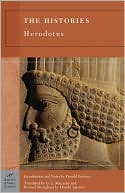Brotherhood of Kings: How International Relations Shaped the Ancient Near East
Search in google:
Amanda Podany here takes readers on a vivid tour through a thousand years of ancient Near Eastern history, from 2300 to 1300 BCE, paying particular attention to the lively interactions that took place between the great kings of the day. Allowing them to speak in their own words, Podany reveals how these leaders and their ambassadors devised a remarkably sophisticated system of diplomacy and trade. What the kings forged, as they saw it, was a relationship of friends-brothers-across hundreds of miles. Over centuries they worked out ways for their ambassadors to travel safely to one another's capitals, they created formal rules of interaction and ways to work out disagreements, they agreed to treaties and abided by them, and their efforts had paid off with the exchange of luxury goods that each country wanted from the other. Tied to one another through peace treaties and powerful obligations, they were also often bound together as in-laws, as a result of marrying one another's daughters. These rulers had almost never met one another in person, but they felt a strong connection—a real brotherhood—which gradually made wars between them less common. Indeed, any one of the great powers of the time could have tried to take over the others through warfare, but diplomacy usually prevailed and provided a respite from bloodshed. Instead of fighting, the kings learned from one another, and cooperated in peace. A remarkable account of a pivotal moment in world history—the establishment of international diplomacy thousands of years before the United Nations—Brotherhood of Kings offers a vibrantly written history of the region often known as the "cradle of civilization." Publishers Weekly Podany (The Ancient Near Eastern World), a professor of Near Eastern History, examines 1000 years of letters documenting a diplomatic period estimated to have begun in 2300 BCE. Correspondence between the kings of Syria, Mesopotamia, Egypt, and others (who were illiterate) were dictated to scribes, transcribed onto fragile clay cuneiform tablets, hand-delivered, and then read aloud to recipients. Podany enters the palaces of the high and mighty, imaginatively recreating the exchanges that could have taken place. In one such letter (now housed in a gallery at the British Museum), Tushratta, the King of Mittani, tells his Egyptian counterpart and son-in-law, Amenhotep III, that the goddess Shashka wishes to visit him. Occasionally letters would be followed by meetings where kings would "work out stipulations of a treaty and swear an oath to the gods." Using the letters to carefully recreate this surprisingly peaceful period, when alliances were solidified by dynastic marriages and luxury gifts with the help of an active diplomatic correspondence, Podany has penned an historical, if academic, quest of particular interest to Biblical scholars. Photos. Copyright © Reed Business Information, a division of Reed Elsevier Inc. All rights reserved.
Introduction: A Letter Ch 1: The First Evidence for Diplomacy: "I am your brother and you are my brother"Ch 2: Long distance trade before 2200 BCE: "At the wharf of Agade he made moor ships"Ch 3: War and allegiance in the Old Babylonian period: "I have always done good things for him and his heart knows the good deeds that I have done for him"Ch 4: Mesopotamian contacts with distant lands from 2200 to 1500 BCE: "Who is there who would sell lapis-lazuli?"Ch 5: A diplomatic crisis between Babylonia and Hatti: "I sent to a far-off land"Ch 6: A clash between expanding empires after 1500 BCE: "Prepare yourselves! Make your weapons ready! For one will engage in combat with that wretched foe in the morning"Ch 7: First diplomatic overtures between the great powers of the Late Bronze Age: "A notable event! The like of this occurrence had not been heard of since the time of the demigods" Ch 8: Mittani and Egypt united and at peace: "My brother, whom I love and who loves me"Ch 9: Diplomatic marriage in Amarna times: "We, between us, are one, the Hurrian land and the land of Egypt "Ch 10: Luxury goods from everywhere: "The gold is much. Among the kings there are brotherhood, amity, peace, and good relations"Ch 11: A crisis in the diplomatic relationships: "My father became hostile"Ch 12: The end of Mittani and the restoration of peace: "My ancestors and your ancestors made a mutual declaration of friendship"Epilogue Bibliography
